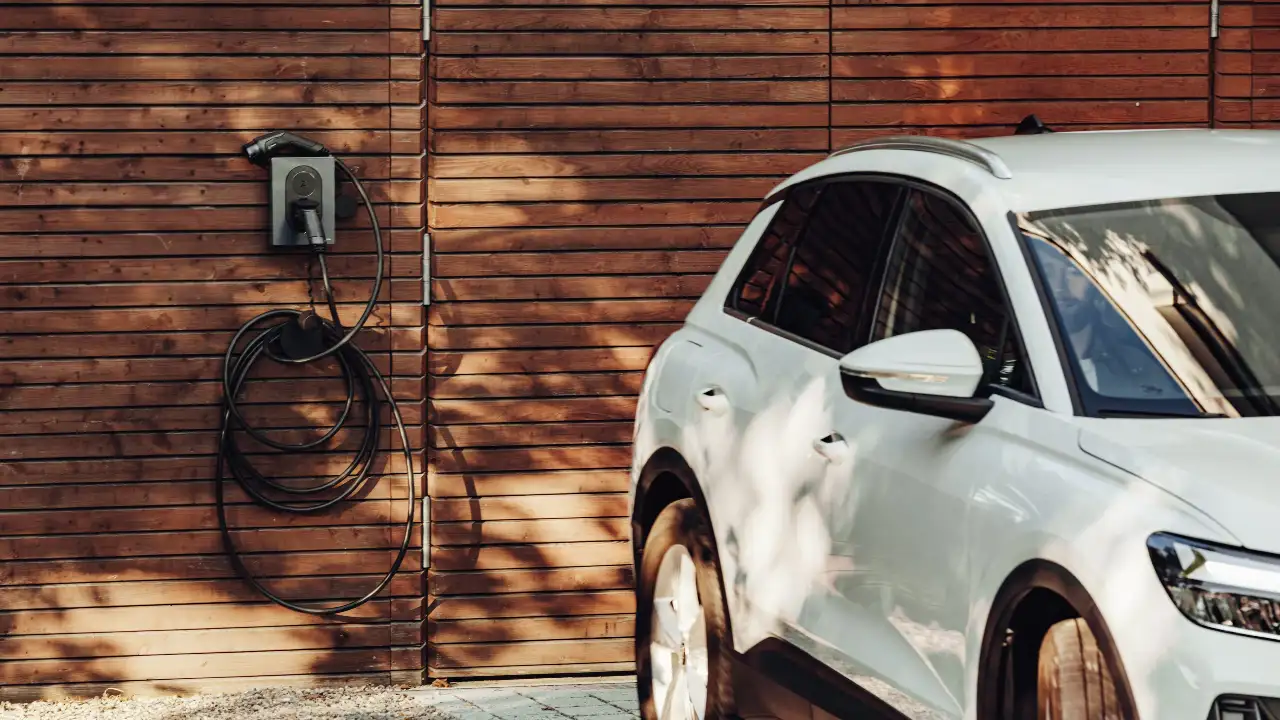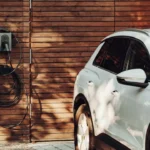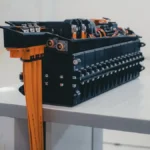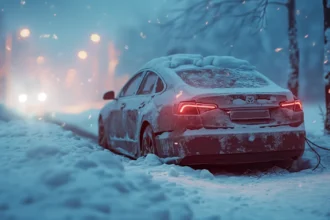Have you ever wondered how a city can fight air pollution while helping people save money? Delhi’s government just announced something exciting that does exactly that. According to HTAuto and PTI, Chief Minister Rekha Gupta revealed the new Delhi EV Policy 2.0 on Saturday, which offers substantial financial benefits to people buying electric and hybrid vehicles.
What Makes This Policy Special
Think of this policy like a software update for your phone – the “2.0” means this is the second, improved version of Delhi’s electric vehicle policy. The first version ran for five years and helped increase electric vehicle sales from almost nothing to 12% of all vehicle sales in Delhi by 2024.
This new version adds something completely new: strong hybrid and plug-in hybrid vehicles now get the same benefits as fully electric cars. Let me explain these types simply – a regular hybrid uses both petrol and electricity but you cannot plug it in, while a plug-in hybrid lets you charge it at home like an electric car.
Money Matters: Understanding the Financial Benefits
The most impressive benefit applies to any electric or hybrid vehicle costing up to ₹20 lakh (the price before taxes and fees). You will pay absolutely no road tax or registration fees – these are normally expensive charges that every vehicle buyer must pay to the government.
| Vehicle Type | Who Gets What |
| Electric Two-wheelers (bikes/scooters) | Regular buyers receive ₹10,000 for each kWh of battery capacity, with a maximum benefit of ₹30,000 per vehicle. Women buyers get even more – ₹12,000 per kWh, capped at ₹36,000, but only the first 10,000 women with valid licenses qualify. |
| Electric Auto-rickshaws | Drivers replacing their CNG (compressed natural gas) auto-rickshaws with electric ones receive up to ₹45,000 as a direct subsidy to help with the purchase. |
| Electric Goods Vehicles | Three-wheeler goods carriers get ₹45,000 if they cost under ₹4.5 lakh, while four-wheeler goods vehicles receive up to ₹75,000 if priced under ₹12.5 lakh. |
The Bigger Picture: Why This Matters Now
Delhi faces serious air pollution problems, especially during winter months when the air becomes dangerous to breathe. Transportation contributes significantly to this pollution through vehicle exhaust. The government hopes that by making electric vehicles more affordable, more people will switch from petrol and diesel vehicles.
The results so far look promising – electric vehicle registrations jumped 30% in 2024, with 82,081 new electric vehicles hitting Delhi’s roads. The policy also includes 1,000 water sprinklers to reduce road dust, which also contributes to air pollution.
This policy represents Delhi’s ambitious attempt to become India’s leader in clean transportation. By making electric vehicles financially attractive and including hybrid options, the government addresses both environmental concerns and practical affordability issues that prevent people from making the switch.











